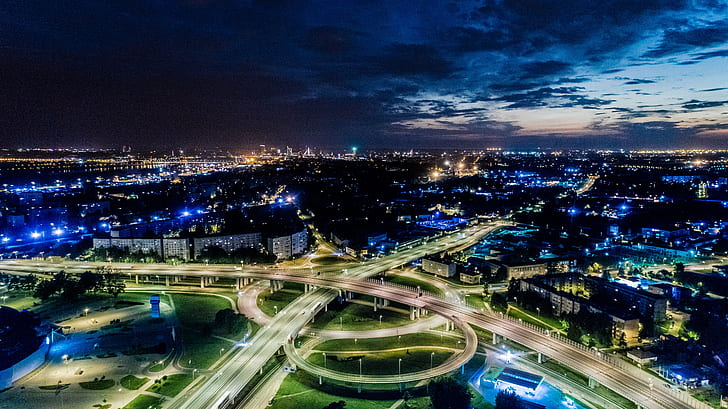What are the hidden dangers of noise pollution and how can we protect ourselves?
Rosie Frost of Living recently published an article titled ‘The invisible threat of noise pollution: How do we protect quiet?’ about the hidden dangers of noise pollution and how we can protect ourselves.
The article starts out by stating that “one in five people in Europe are exposed to levels of noise considered harmful to health“. Traffic noise is one of the main contributors to noise pollution every year in Europe and indeed across the globe. The European Environment Agency (EEA) has highlighted this as a “major environmental problem“. The EEA has also estimated that noise pollution caused by busy traffic, both overhead and on the roads, causes “12,000 premature deaths every year in Europe alone“.
Noise and noise pollution can be harmful to our physical and mental health if we are exposed for a long period of time. Increased traffic noise at night has caused chronic sleep disturbance in over 6.5 million people due to the environments in which they reside. Despite the efforts and steps taken by the EU in order to combat the number of people who are exposed to harmful levels of noise, the EEA published a report early this year stating that there has been little to no obvious decrease in levels since 2013. Of course, that was before the pandemic hit and locked down the world.
Earlier this summer, seismologists measured the vibration of the Earth in order to detect/predict earthquakes and volcanic eruptions, on foot of these measurements they founds that “human generated noise was at its lowest level in recorded history“” during the pandemic. Since the virus was first identified in China back in December 2019, nearly every country around the world has closed their borders, shops, factories etc and restricted the movements of their citizens in an attempt to contain the spread of Covid-19. For the first time in modern history, birds could be heard singing clearly in even the busiest cities around the globe.
In the above-mentioned article, Frost interviews acoustic ecologist Gordon Hempton, who has decided to dedicate his life to identifying and preserving quiet spaces after travelling around the world three times in search of the rarest sounds nature has to offer. And these sounds can only be heard in places with no man made noise. Hempton says that “since you can’t hear these faint sounds, you are in a threatening environment. In the presence of noise pollution, you can’t feel secure“. Together with Vikram Chauhan, Hempton set up Quiet Parks International (QPI) in order to award pristine and endangered quiet places across the globe.
Dr Antonella Radicchi, Berlin-based architect and urban planner, has created an app called Hush City that allows the population of a city to “assess the auditory quality of their local area“” on a crowdsourced basis. The app builds on the crowdsourced data, enabling residents to map out quiet spaces in their local neighbourhoods, in accordance with their own preferences and lifestyle. These spaces can be lesser-known parks or larger green areas within walking distance of people’s home or workplace. The app will measure the noise levels through ambient recording while users can add notes and photographs that will be shared with people around the world.
Sonitus Systems supply robust and reliable sound level monitoring equipment globally from their base in Dublin. Their award-winning products and services allow users to easily monitor and assess noise levels in any scenario to ensure compliance. For more information, call the Sonitus Systems team on +353 1 6778443 or contact the team at Sonitus Systems
